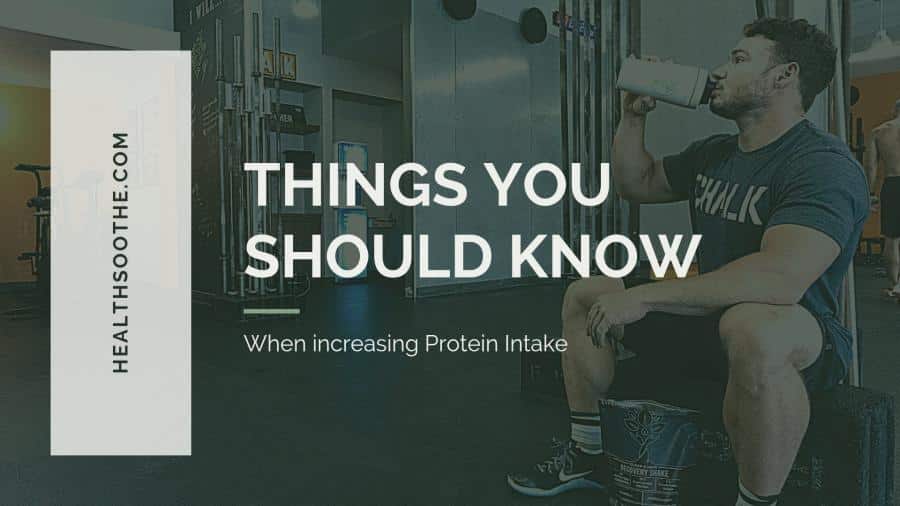Increasing your protein intake can have some health benefits. But there are a few things you should keep in mind if you’re thinking about upping your intake.
Protein is an essential nutrient that helps build and repair tissues, and it’s an important part of many bodily functions. Most people need to eat more protein, and increasing your intake can have some health benefits.
However, there are a few things you should keep in mind if you’re thinking about increasing your protein intake.
1. Check with your doctor first
If you have any chronic health conditions or take medication, it’s important to check with your doctor before increasing your protein intake. This is because some conditions and medications can interact with high protein diets.
2. Increase gradually
If you’re healthy and don’t have any chronic conditions, you can increase your protein intake gradually. Start by adding an extra serving or two of protein-rich foods to your diet each day.
3. Be mindful of other nutrients
When you increase your protein intake, it’s important to be mindful of other nutrients in your diet as well. Make sure you’re getting enough vitamins, minerals, and fiber from fruits, vegetables, and whole grains. And if you’re increasing your meat intake, choose leaner cuts of meat and poultry.
4. You can increase protein intake without resorting to protein powder
If you’re looking to increase your protein intake, there’s no need to resort to protein powder. You can get all the protein you need from food sources, such as meat, poultry, fish, beans, and eggs. Also, consider adding a protein-rich breakfast to your daily routine, such as eggs or Greek yogurt.
5. Be aware of the potential side effects
High protein diets can cause some side effects, such as bad breath, constipation, and dehydration. If you experience any of these side effects, try reducing your protein intake or speak to a doctor or nutritionist.
6. Consider your goals
Before increasing your protein intake, consider your goals. Are you looking to lose weight, build muscle, or improve your health? There’s no one-size-fits-all answer, and the amount of protein you need will depend on your individual goals.
Related
- Reviewing Milk Dust Protein Powder | What No One Is Saying
- 6 Tips on choosing the right protein powder
- 6 Ingredients Your Protein Bars Should Never Contain
- Advantages of Eating Protein Bars Daily
- Increase Your Protein Intake With This Healthy Smoothie Recipe
7. Choose quality over quantity
When it comes to protein, quality is more important than quantity. Choose protein-rich foods that are also low in saturated fat and cholesterol, such as lean meats, fish, tofu, and beans.
8. Consider a supplement
If you’re having trouble meeting your protein needs through diet alone, consider a supplement. Protein powder, bars, and shakes can be convenient ways to increase your protein intake. But be sure to choose a quality product that is low in sugar and calories.
9. Get enough sleep
Getting enough sleep is important for overall health, and it can also help with protein intake. When you’re sleep-deprived, your body breaks down muscle for energy, which can lead to Muscle loss.
10. Drink plenty of water
Drinking plenty of water is important for overall health, and it can also help with protein intake. When you increase your protein intake, you need to drink more water to flush the excess nitrogen out of your body.
Bottom line
Increasing your protein intake can have some health benefits. But there are a few things you should keep in mind, such as checking with your doctor first, increasing gradually, and being mindful of other nutrients. You can also increase protein intake without resorting to protein powder by choosing quality over quantity. Stay safe and have a good one!


